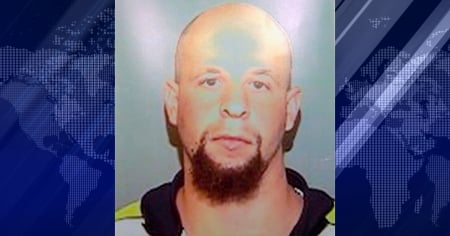
Related videos:
Starting January 1, 2025, a controversial law will come into effect in Florida that prohibits children under the age of 13 from creating accounts on social media, and requires that teenagers aged 14 and 15 obtain permission from their parents or legal guardians to do so.
Promoted by Republican leader Paul Renner and signed in March by Governor Ron DeSantis, HB3 aims to address the risks associated with minors using digital platforms, including cyberbullying, exploitation by predators, and negative effects on mental health.
The regulations require technology companies to delete accounts belonging to users under the age of 14 and to implement age verification mechanisms, such as facial scans or official identification, to restrict access to adult content sites. Companies that fail to comply could face significant fines.
However, the law has faced strong criticism from organizations such as the Computer and Communications Industry Association (CCIA) and the NetChoice coalition, which have filed lawsuits claiming that the regulation is "unconstitutional" and violates the First Amendment by restricting the freedom of expression of minors and hindering their access to information online.
"The HB3 law creates significant barriers to online access to information that all Americans, including minors, have the right to view," stated Stephanie Joyce, vice president of the CCIA.
The project, approved with significant bipartisan support in the Florida Senate (23 votes in favor and 14 against), addresses growing concerns about the impact of social media on adolescents. Proponents of the measure argue that these platforms are linked to an increase in suicides, self-harm, and cases of cyberbullying among young people.
For his part, promoter Paul Renner described the digital environment as a "dark alley" for minors, where "predators lurk and social media leads to higher rates of depression."
Florida joins other states that have implemented similar restrictions in an effort to regulate minors' access to social media and protect their well-being. Additionally, the state will enforce strict requirements to access adult content sites like Pornhub, which has decided to withdraw from the state.
As the implementation date approaches, the debate continues over whether these restrictions are a necessary step to protect minors or an excess that infringes on their constitutional rights.
Frequently Asked Questions about Law HB3 in Florida and Its Implications
What does Law HB3 in Florida establish regarding the use of social media by minors?
The HB3 Law prohibits children under the age of 13 from creating accounts on social media and requires that teenagers aged 14 and 15 obtain permission from their parents or guardians to do so. This measure aims to protect minors from the risks associated with the use of these platforms.
What measures have been taken against Law HB3 due to its being deemed unconstitutional?
The Computer and Communications Industry Association (CCIA) and the NetChoice coalition have filed lawsuits claiming that Law HB3 is unconstitutional, as it violates the First Amendment by restricting minors' freedom of speech and hindering their access to online information.
Why is it believed that Law HB3 could impact users' privacy?
The HB3 Law requires technology companies to implement age verification mechanisms, such as facial scans or official identification, which raises concerns about user privacy. This measure has faced criticism for being invasive and potentially harmful to the security of personal information.
What are the penalties for companies that do not comply with Law HB3 in Florida?
Companies that do not comply with the provisions of Law HB3, such as removing accounts of minors under 14 years old or implementing age verification, could face severe fines of up to $50,000 per violation and be subject to civil lawsuits with compensations of up to $10,000 for damages.
Filed under:






